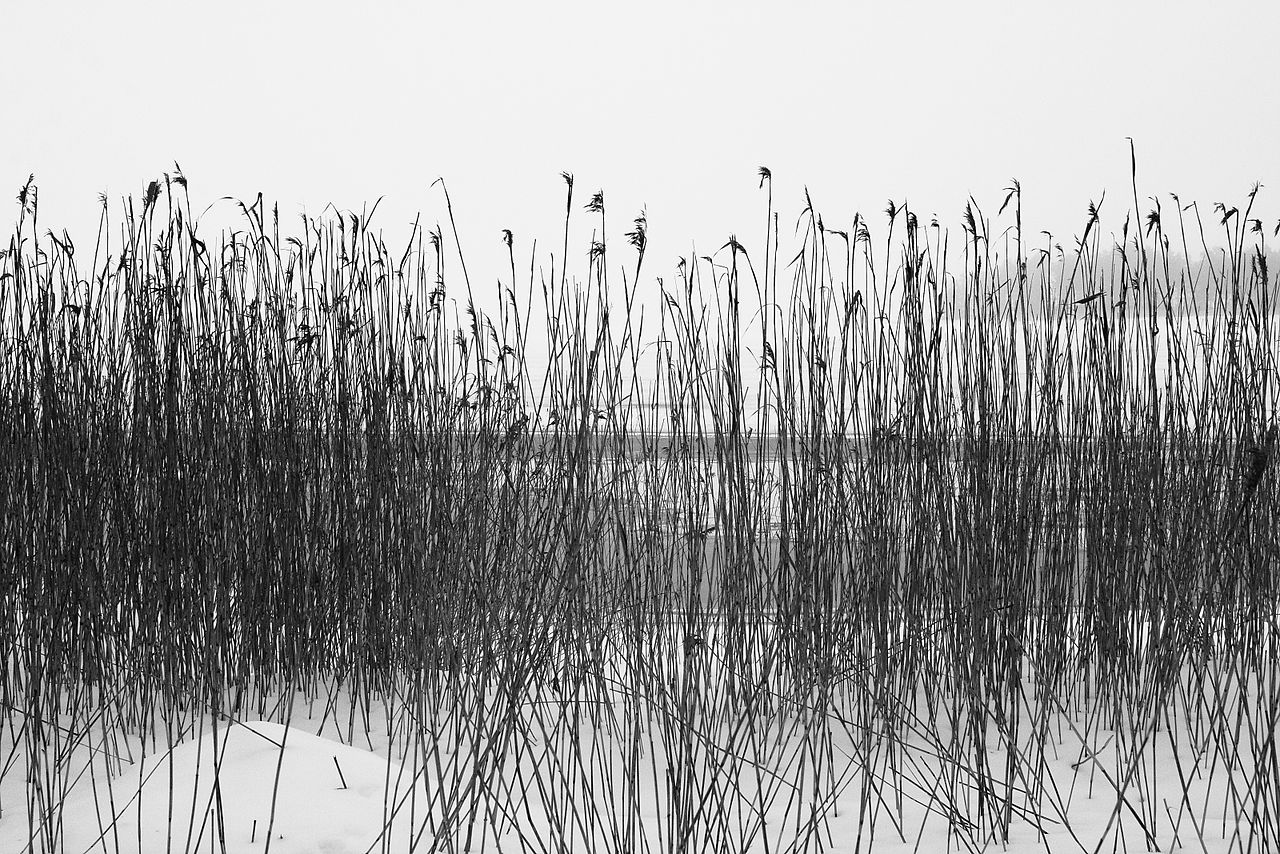This is an archive of prayers and other works relevant to the 7th and final day of Passover (extended to two days outside of Erets Yisrael). The day commemorates the miraculous passage of the newly liberated Israelites through the Sea of Reeds, and the destruction of the Pharaonic army pursuing them. Click here to contribute a work that you have prepared for the 7th day of Pesaḥ. Filter resources by Collaborator Name Filter resources by Tag Filter resources by Category Filter resources by Language Filter resources by Date Range
“The Song of Miriam” by Rabbi Ruth Sohn was first published as “I Shall Sing to the Lord a New Song,” in Kol Haneshamah: Shabbat Vehagim, Reconstructionist Prayerbook, 1989, 1995 Second Edition. Reconstructionist Press, pp. 768-769. (This poem was also published in several haggadot and other books and set to music by several composers in the U.S. and Israel.) Rabbi Sohn wrote the poem in 1981 as a rabbinical student after immersing herself in the Torah verses and the traditional midrashim about Miriam, and after writing a longer modern midrash about Miriam. Part of this modern midrash was published as “Journeys,” in All the Women Followed Her, ed. Rebecca Schwartz (Rikudei Miriam Press, 2001). . . . Tags: 20th century C.E., 58th century A.M., אז ישיר Az Yashir, English vernacular prayer, Jewish Women's Prayers, Miriam, Opening Prayers, Openers, Prayers as poems, תפילות קודם התפילה Prayers before Praying, Prayers for Praying Please God Let me light More than flame tonight. More than wax and wick and sliver stick of wood. More than shallow stream of words recited from a pocket book. . . . Tags: 21st century C.E., 58th century A.M., candle lighting, English poetry, English vernacular prayer, entering, fire, כוונות kavvanot, kindling, Light, potential, Prayers as poems, welcoming This piece emerged in February 2023 upon realizing that instead of reading ים סוף as Yam Suf (generally understood at the Sea of Reeds), it could be read as Yam Sof: Sea of End[ing]. It was apparent to me that we may have approached this sea (escaping from slavery) thinking that it would be the end of us. It was not. But it was the end of *something*. . . . |



